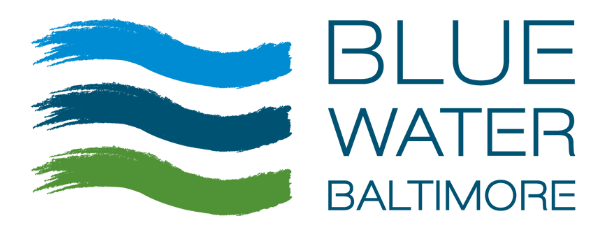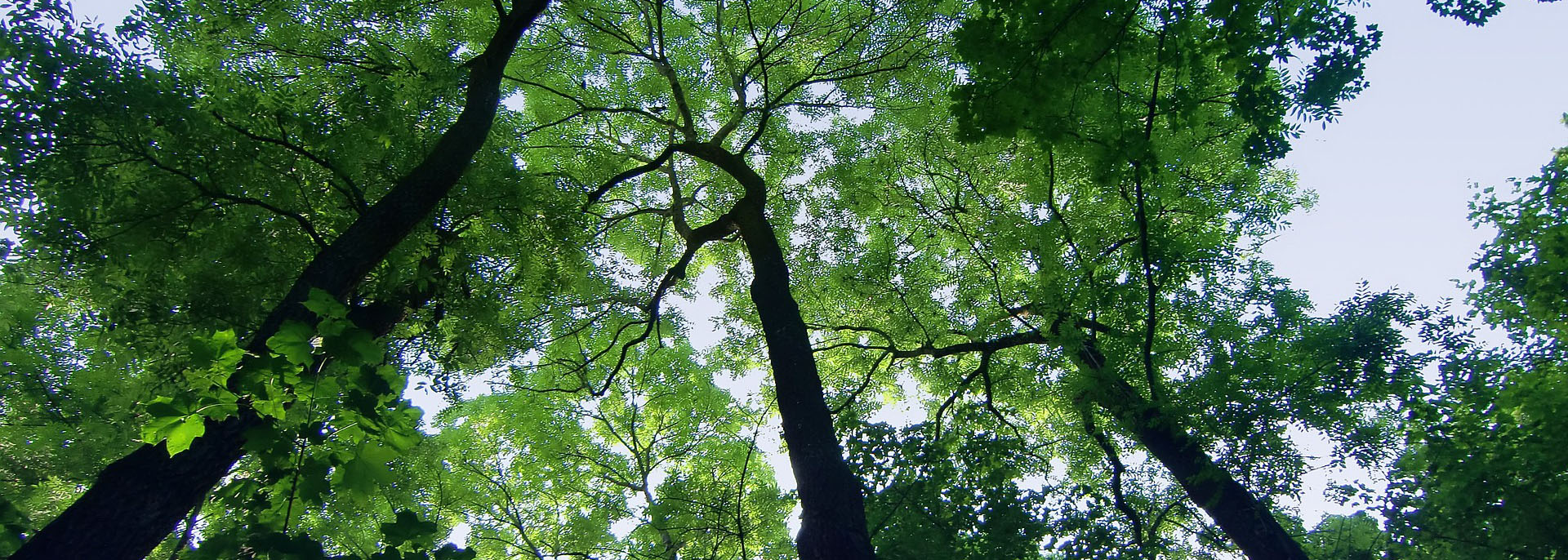Take Action! Protect Our Urban Tree Canopy
If you follow our work at Blue Water Baltimore, you know that we are all about trees. Why? Trees clean our air and water, reduce flooding, lower temperatures and energy bills, improve public health and social cohesion, and beautify our neighborhoods.
Planting trees is a critical part of our work to restore the health of Baltimore’s waterways and to meet the city’s goal of a 40% tree canopy. Baltimore currently has a 28% tree canopy. In order to reach 40%, we must preserve our existing tree canopy while planting new trees, particularly in historically redlined neighborhoods that have a much lower tree canopy.
To protect our urban tree canopy, Blue Water Baltimore is partnering with Baltimore Green Space, the Baltimore City Forestry Board, and the Office of Sustainability on legislation to update the city’s forest conservation laws.
Background
In 1991, Maryland passed the Forest Conservation Act to establish rules to minimize tree loss during development. To comply with the Forest Conservation Act, the City of Baltimore enacted local legislation to enforce the Forest Conservation Program; but the City has not made any changes to our local Forest Conservation Program in over a decade.
In June, Council President Scott introduced Council Bill 20-0546 Natural Resources – Forest and Tree Conservation to make important updates to forest conservation efforts in Baltimore. This bill would update the Code and the City’s manual in order to comply with state law, codify existing policies, and coordinate with other City environmental regulations. These updates will help curb future tree canopy loss due to development and build toward a greener, healthier city.
The Planning Commission unanimously approved the bill on July 9th, and it is scheduled for a public hearing in the Judiciary Committee on August 4th. This bill is the first in a package of legislation that will protect our urban tree canopy.
What does this bill do?
The Office of Sustainability created an informational presentation outlining the details of the bill. Here is a breakdown of the updates proposed for the City’s Code and manual:
- Coordinate with State Code:
- Correct references between City and State codes and manuals, remove duplicative information, and add state reporting requirements to the Code.
- Allow for the creation of forest mitigation banks.
- Require that mitigation fees collected for afforestation and reforestation be used to establish the equivalent number of acres; add afforestation, maintenance of existing forests, and achieving tree canopy goals to the list of uses of forest
- Codify Existing Policies:
- Add a Purpose section to the Code, a definition for “critical root zone,” update the definition of “specimen tree” from 30” to 20”, add the specimen tree mitigation policy to the Code and manual, and clarify the definition of “Net Tract Area” in the manual.
- Allow for applicants to be notified by email.
- Require applicants to notify adjacent property owners of significant impacts to root zones of trees on their property.
- Add the criteria, requirements, and process for modifying existing forest conservation easements.
- Add clarification that variances must be granted in advance of activity requiring Forest Conservation approval, not as a result of a violation.
- Add existing afforestation credit policy for understory trees, evergreen trees, and shrubs to the manual.
- Coordinate with Other Development Requirements:
- Reduce the trigger for review from 20,000 sq. ft. to 5,000 sq. ft. of disturbance.
- Require a Forest Stand Delineation for Site Plan Review, subdivision applications, grading permit reviews, and sediment and erosion control reviews. Make all approvals conditioned on compliance with an approved Forest Conservation Plan.
- Adjust mitigation fees from $400 per tree to $600 per tree (or $60,000 per acre) to align with Critical Area and Landscape Manual mitigation fees, and adjust fines to twice the amount of the updated mitigation fee rate ($120,000 per acre).
Take Action!
- Contact your council member. Send the mayor and City Council a message urging them to support this bill.
- Join us for the public hearing. On August 4th, you can speak out in person about why this bill matters to you. Here’s how to join:
Phone: 408-418-9388, Access code: 129 497 8251
Web: https://bmore.webex.com/bmore/onstage/g.php?MTID=e70065357c6c7fa08ea24469e0629198b
Contact Taylor Smith-Hams at [email protected] if you are interested in providing written or oral testimony.
- Spread the word. Share this blog post, our fact sheet, and our action alert with your friends and urge them to support Council Bill 20-0546!

